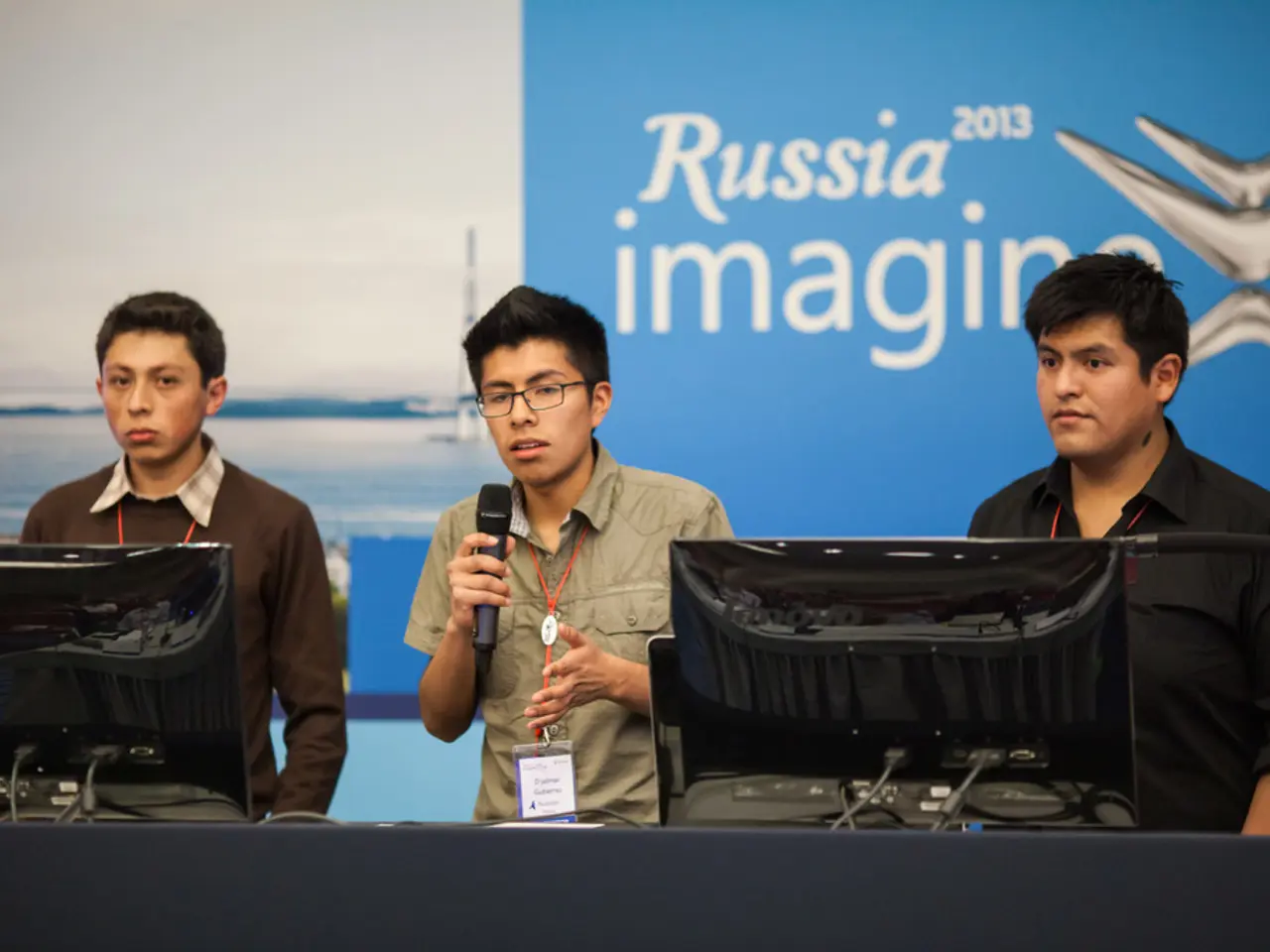"Windows 10 Still Prevalent on Numerous Computers: Russian Roulette Implication"
In the coming months, PC providers are expected to engage in fire sales as they grapple with full warehouses, according to Ranjit Atwal, Senior Director Analyst at Gartner. This prediction comes as Windows 10, a widely used operating system in Germany, will retire on October 14, 2025.
The end of support for Windows 10 poses significant risks for users, particularly those still running outdated versions. These risks include increased exposure to cyberattacks, inability to receive bug fixes, and dropping compatibility with software and hardware drivers. Additionally, users may face software incompatibility as developers shift focus to newer Windows versions, potentially causing application failures and productivity loss.
For those unable or unwilling to upgrade immediately, several alternatives are available. Upgrading to Windows 11, which is increasingly adopted but still less prevalent in Germany, is one option. As of mid-2025, Windows 10 remains at about 56.6% share there.
Another alternative is using Microsoft 365 or cloud-based solutions like Windows 365 or Azure Virtual Desktop to run a Windows 11 environment even on unsupported hardware. Employing third-party security tools, notably the 0patch agent, which plans to provide critical security patches for unsupported Windows 10 for at least five more years, is also an option.
Microsoft offers Extended Security Updates (ESU) as a paid option that extends security patches for eligible Windows 10 devices until October 2026. However, it's important to note that until now, support extensions for Windows have only been available to businesses.
Alexander Opel, an IT security expert at Eset, warns that using an outdated operating system is risky. He advises planning migration before the deadline to maintain security and system stability. The costs of support are likely to outweigh the benefits for many organizations, according to Opel.
The Federal Office for Information Security (BSI) recommends switching to alternative operating systems like macOS for Apple Macintosh computers or the free Linux system. It's irresponsible to operate a business with outdated systems, as it opens a door for successful cyberattacks, according to ESET IT security expert Opel.
Gartner forecasts a "period of uncertainty" in PC purchases due to heightened economic and geopolitical risks. This uncertainty is further compounded by the fact that around one million computers in Germany are running ancient operating systems like Windows 7, Windows 8, 8.1, and Windows XP.
As the end of support for Windows 10 approaches, it's crucial for users to take action. Approximately 27.4 million PCs in Germany are still using Windows 10, and no more free updates will be provided after October 14. Microsoft will retire Windows 10 on this date, and cybercriminals are ready to exploit vulnerabilities in outdated operating systems once support ends.
Many private users and IT managers have already protected their computers, while others must act before it's too late. The calculations by security company Eset are based on its own telemetry data and cross-checked with the "StatCounter" statistics service. As of now, approximately 17.9 million PCs in Germany have already installed Windows 11.
In summary, the main risks for users running Windows 10 in Germany post-EOL are rising security vulnerabilities and software incompatibility. Alternatives to immediate hardware/software upgrades include cloud desktop services, third-party security patches, and paid extended support programs to bridge the gap while preparing for eventual upgrade to a supported Windows version. It's essential for users to take proactive measures to protect their systems and maintain system stability.
In the wake of Windows 10's end-of-life on October 14, 2025, the significance of cybersecurity becomes increasingly crucial for users, as outdated versions of the operating system could expose systems to cyberattacks. To mitigate this risk, third-party security tools, such as the 0patch agent, can provide critical security patches for unsupported Windows 10 for at least five more years.
As cybercriminals eagerly await opportunities to exploit vulnerabilities in outdated operating systems, technology alternatives like cloud-based solutions, such as Windows 365 or Azure Virtual Desktop, can help users run a Windows 11 environment on unsupported hardware, bridging the gap until a system upgrade can be completed.




